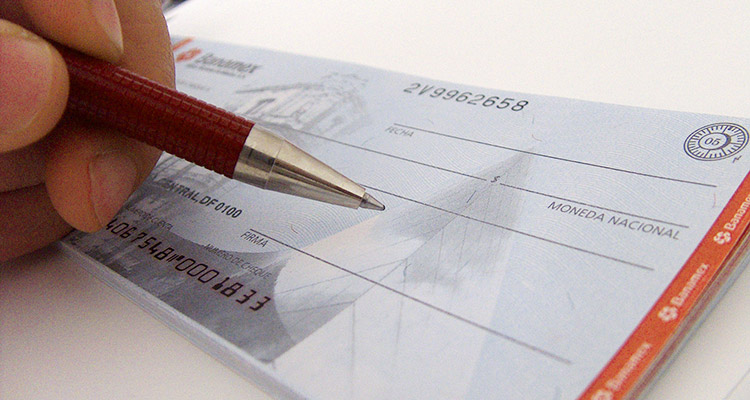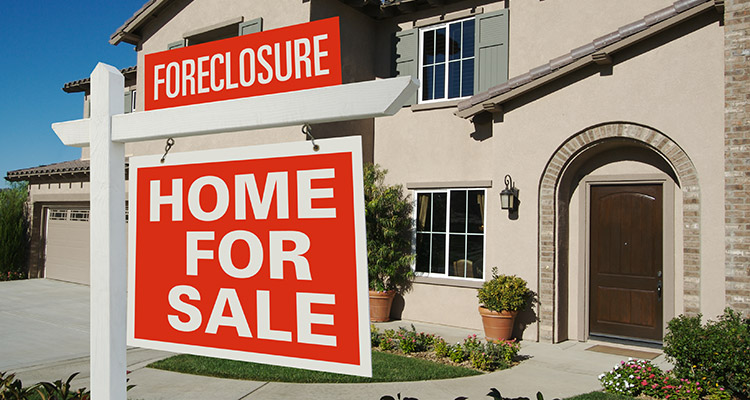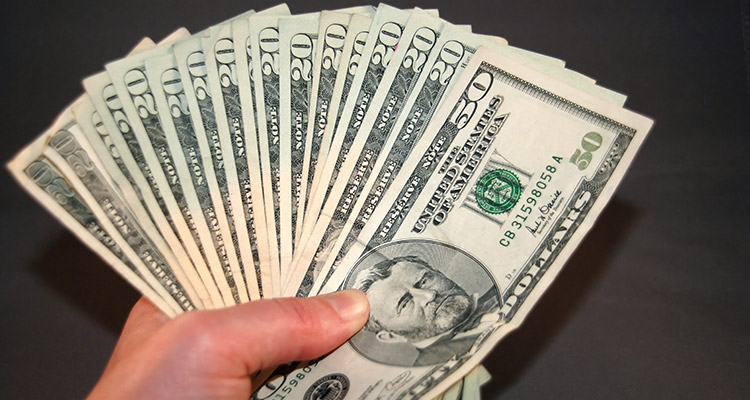Updated 11:34 AM PST, Wed July 23, 2014

Avoiding Overdrafts
Overdraft fees can not only be a huge pain, they can cause debts to add up and can show up on your credit history. The best rule of thumb is to never overdraw your debit or checking accounts. Here are some tips.
1. Keep Track
If you'ren't maintaining track of them automatic payments are a suitable way of preventing late fees in your monthly statements, but can result in overdraft or bounced check fees.
2. Cease Floating Checks
At one time, someone could write a check for payment or an invoice and anticipate the funds to be taken off her or his checking account -to-3 days, occasionally longer. This would enable individuals to fulfill payment deadlines with cash they didn't have, allowing them wait, or to produce the cash for a pay check to clear. With the improvements in technology, the float time of a check is nonexistent or has minimized, particularly with online check deposits.
3. Be Cautious With Combined Checking Accounts
Ensure you do not deplete the essential funds by paying a statement or making a purchase in the meantime, knowing your partner generally spends $100 at the marketplace and it's market day.
4. Wait to Clear Using the Cash
Until a deposit appears in your account balance and has really cleared, don't attempt to spend it. It is the identical theory only inverse of floating checks,. Do not suppose the money in your checking account is there, until you are able to plainly see it.
5. On-Line or get Mobile Alarms
On-line or cellular alarms are not only for shielding your checking account from a stolen identity or larceny; they're also great for helping you handle your account balance. On-Line alarms can be assessed when you are the office or at home, and cellular alarms function the same as a text message. Set up alarms for coming automatic payments before a payment goes through in order to double check your account balance.
6. Check your balance daily. Many people don’t get in the habit of checking their account. Know where your account stands at all times.
7. Consistently Have Some Cash Easy
$20 or on many people is kept by they for crises. It is an excellent means if you discover yourself a crisis scenario to prevent an unneeded cost.
8. Be Aware of Organizations that Place Holds in your Debit Card
To rent a car or if you use your debit card, a hold can be set in your card. Occasionally, folks forget these funds returned the rental car or might not be accessible, believing their checking account balance is not going to be changed until they have really checked from the resort. But, an instant scan of the account balance will tell them.
9. Overdraft protection is offered by some banks in the shape of linking your savings account. Keep in mind, a service charge may be for the cash transferred.
10. Get in contact with your Bank
The encounter may be unsettling, particularly when you have incurred fee fees that are substantial, but lashing out will not help the scenario.



